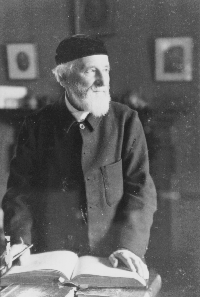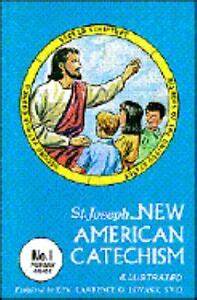A Quote by Masiela Lusha
As poets, our lamentations are glorious, filled with the virtues angles would learn to envy.
Related Quotes
Away with tears and fears and troubles! United in wedlock with the eternal Godhead Itself, our nature ascends into the Heaven of Heavens. So it would be impious to call ourselves 'miserable.' On the contrary, Man is a creature whom the Angels-were they capable of envy-would envy. Let us lift up our hearts!
Love rejoices in good wherever it finds it; envy is pained by good, and the sight of the happiness of others hurts the eyes and the heart of the envious man. Love wishes to give; envy would rather receive. Love creates; envy destroys. Love builds up; envy pulls down. Love helps those in need, comforts the afflicted, and strives to turn all that is evil into good; envy would turn the little happiness to be found in this world into evil, sorrow, and pain.
Envy, my children, follows pride; whoever is envious is proud. See, envy comes to us from Hell; the devils having sinned through pride, sinned also through envy, envying our glory, our happiness. Why do we envy the happiness and the goods of others? Because we are proud; we should like to be the sole possessors of talents, riches, of the esteem and love of all the world! We hate our equals, because they are our equals; our inferiors, from the fear that they may equal us; our superiors, because they are above us.




































